Homosexualidad – (Spanish)
$14.99
Fuimos creados a imagen y semejanza de Dios, ahi reside nuestra conciencia de identidad y nuestra autoridad como seres humanos. Hoy vivimos en tiempos complicados en una modernidad liquida respaldada por la ideologia de genero, que favorece un estilo de vida basado en la fluidez de los sentimientos; y sin bases morales, certezas y absolutos. En tierra de nadie y a merced de una sociedad que navega a la deriva, los terminos de identidad, sexo y genero, necesitan ser reubicados y dignificados en el diseno divino en el que fueron creados.
in stock within 3-5 days of online purchase
SKU (ISBN): 9788494495595
ISBN10: 8494495593
Language: Spanish
Juan Varela
Binding: Trade Paper
Published: August 2017
Publisher: Editorial Vida
Print On Demand Product
Related products
-
Selfish Genes And Christian Ethics
$44.99The evolutionary origins of human beings, and in particular the origins of human morality, have always attracted debate and speculation, not just in the academic community but in popular science and the wider general population as well. The arguments and explanations put forward over the years seem to thoroughly catch the popular imagination, but there is the danger that these explanations tend to step outside the bounds of scientific theory and become powerful popular myths instead. In Neil Messer’s Selfish Genes and Christian Ethics, the author is challenging this tendency. Instead he provides a Christian theological anthropology, which, among other things, aims to give Christians and the churches the confidence to engage with assumptions that evolutionary theory and religious beliefs are untenable.
This is a valuable resource for anyone engaged in the study of theology, providing the reader with the ability to consider both the theoretical and the practical questions raised by evolutionary discussions of ethics and morality.
Add to cartin stock within 3-5 days of online purchase
-
Gods Politics
$14.95Since when did believing in God and having moral values make you pro-war, pro-rich, and pro-Republican? And since when did promoting and pursuing a progressive social agenda with a concern for economic security, health care, and educational opportunity mean you had to put faith in God aside?
While the Right in America has hijacked the language of faith to prop up its political agenda-an agenda not all people of faith support-the Left hasn’t done much better, largely ignoring faith and continually separating moral discourse and personal ethics from public policy. While the Right argues that God’s way is their way, the Left pursues an unrealistic separation of religious values from morally grounded political leadership. The consequence is a false choice between ideological religion and soulless politics.
The effect of this dilemma was made clear in the 2004 presidential election. The Democrats’ miscalculations have left them despairing and searching for a way forward. It has become clear that someone must challenge the Republicans’ claim that they speak for God, or that they hold a monopoly on moral values in the nation’s public life. Wallis argues that America’s separation of church and state does not require banishing moral and religious values from the public square. In fact, the very survival of America’s social fabric depends on such values and vision to shape our politics-a dependence the nation’s founders recognized.
God’s Politics offers a clarion call to make both our religious communities and our government more accountable to key values of the prophetic religious tradition-that is, make them pro-justice, pro-peace, pro-environment, pro-equality, pro-consistent ethic of life (beyond single issue voting), and pro-family (without making scapegoats of single mothers or gays and lesbians). Our biblical faith and religious traditions simply do not allow us as a nation to continue to ignore the poor and marginalized, deny racial justice, tolerate the ravages of war, or turn away from the human rights of those made in the image of God. These are the values of love and justice, reconciliation, and community that Jesus taught and that are at the core of what many of us believe, Christian or not. In the tradition of prophets such as Martin Luther King Jr., Dorothy Day, and Desmond Tutu, Wallis inspires us to hold our political leaders and policies accountable by integrating our deepest moral convictions into our nation’s public life.
Add to cartin stock within 3-5 days of online purchase
-
10 Commandments Of Progressive Christianity
$7.99A cautionary look at ten dangerously appealing half-truths.
In 1923, J. Gresham Machen, then a professor at Princeton Seminary, wrote his classic text, Christianity and Liberalism. The book was a response to the rise of liberalism in the mainline denominations of his own day. Machen argued that the liberal understanding of Christianity was, in fact, not just a variant version of the faith, nor did it represent simply a different denominational perspective, but was an entirely different religion. Put simply, liberal Christianity is not Christianity.
What is remarkable about Machen’s book is how prescient it was. His description of liberal Christianity–a moralistic, therapeutic version of the faith that values questions over answers and being “good” over being “right”–is still around today in basically the same form. For this reason alone the book should be required reading, certainly for all seminary students, pastors, and Christian leaders.
Although its modern advocates present liberal Christianity as something new and revolutionary, it is nothing of the sort. It may have new names (e.g., “emerging” or “progressive” Christianity), but it is simply a rehash of the same well-worn system that has been around for generations.
The abiding presence of liberal Christianity struck me not long ago when I came across a daily devotional from Richard Rohr that listed ten principles he thinks modern Christianity needs to embody. These ten principles are actually drawn from Philip Gulley’s book, If the Church Were Christian: Rediscovering the Values of Jesus. In that devotional series, ironically titled “Returning to Essentials,” Rohr sets forth the ten principles as a kind of confessional statement of modern liberalism (while at the same time pretending to deplore confessional statements). They are, in effect, a Ten Commandments for progressive Christianity.
Indeed, these ten sound like they were gathered not so much on the mountaintop as in the university classroom. They are less about God revealing his desires and more about man expressing his own–less Moses, more Oprah.
But take note: each of these commandments is partially true. Indeed, that is what makes this list, and progressive Christianity as a whole, so challenging. It is a master class in half-truths that sound appealing on the surface until you dig down deeper and really explore their foundations and implications. Benjamin Franklin was right when he quipped, “Half the truth is often a
Add to cartin stock within 3-5 days of online purchase



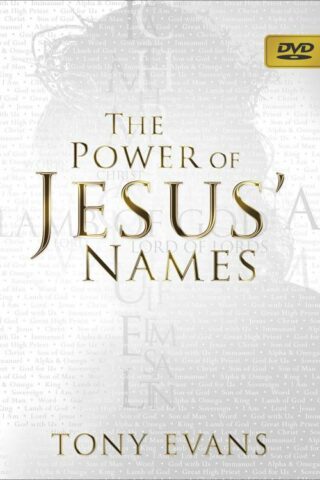


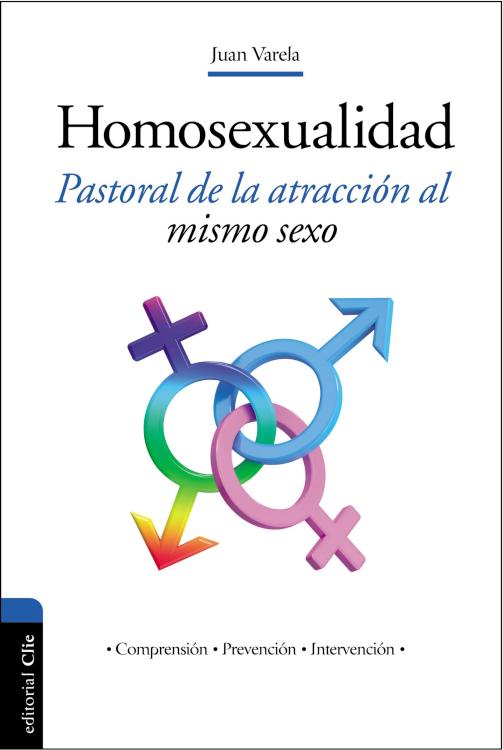
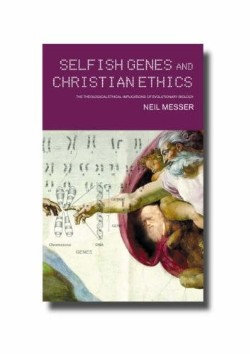

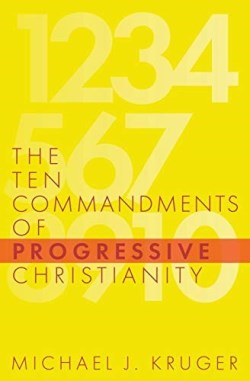

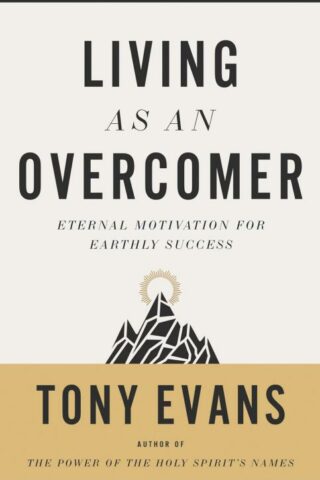
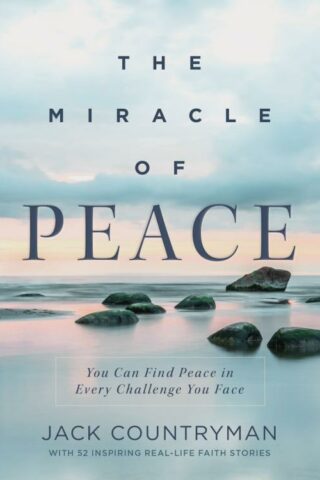

Reviews
There are no reviews yet.